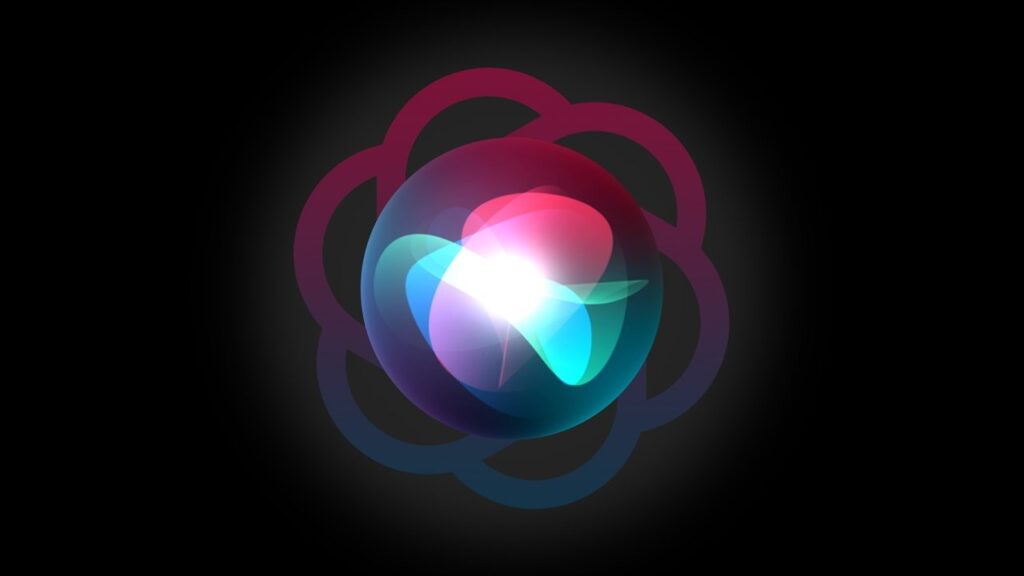In an unexpected yet groundbreaking shift within the realm of artificial intelligence, Google AI’s latest creation, Claude 3, has set a new standard in the chatbot industry, outshining OpenAI’s GPT-4 in recent performance benchmarks. This pivotal moment underscores a significant advancement in large language model (LLM) technology, marking the first instance where Google’s AI prowess has edged out GPT-4 in chatbot capabilities.
The Evolution and Benchmarking of Chatbots
As chatbots increasingly become integral to various facets of digital interaction—from enhancing customer service platforms to enriching social media experiences—the establishment of robust benchmarks becomes essential. These benchmarks are critical for evaluating the effectiveness of chatbots in delivering natural, engaging, and informative conversations.
The competition between Claude 3 and GPT-4, assessed through undisclosed yet authoritative benchmarks, sheds light on the evolving landscape of conversational AI. The outcomes of these benchmarks reveal Claude 3’s superior performance in several key areas:
- Complex Query Understanding: Claude 3 demonstrates an exceptional ability to comprehend and respond to intricate questions, providing more detailed and accurate answers.
- Conversation Flow: This model excels in maintaining a coherent and smooth conversation flow, closely mirroring genuine human interaction.
- Adaptive Communication Styles: Claude 3’s flexibility in adjusting its communication style according to the conversational context stands out, enhancing its engagement and versatility.

Implications for the Future of Conversational AI
The emergence of Claude 3 as a frontrunner heralds a new chapter in the development of chatbots, with far-reaching implications:
- Enhanced User Experience: The advancements in LLMs, as exemplified by Claude 3, promise chatbots that more closely resemble human conversation. This evolution could revolutionize customer service, virtual assistant technology, and even the creation of digital companions.
- Fostering Innovation: The ongoing rivalry between leading AI entities like Google and OpenAI serves as a catalyst for continuous improvement and innovation within LLM technology. This competition is instrumental in pushing the envelope of what chatbots can achieve.
- Ethical Development and Deployment: With the increasing sophistication of chatbots, addressing ethical concerns becomes paramount. Issues related to biases, misinformation, and the overall impact of AI on society necessitate a concerted effort toward responsible AI development and implementation.
Concluding Thoughts: A Catalyst for AI Advancement
Claude 3’s triumph over GPT-4 represents a watershed moment in chatbot evolution, highlighting the swift advancements in LLM technology. While GPT-4 remains a formidable player, Claude 3’s success is a testament to the dynamic nature of AI development, promising a future where chatbots offer even more lifelike and enriching interactions. This milestone not only celebrates the achievements of Claude 3 but also ignites a new wave of innovation, driving forward the quest for more sophisticated, ethical, and user-centric conversational AI solutions.










Add Comment